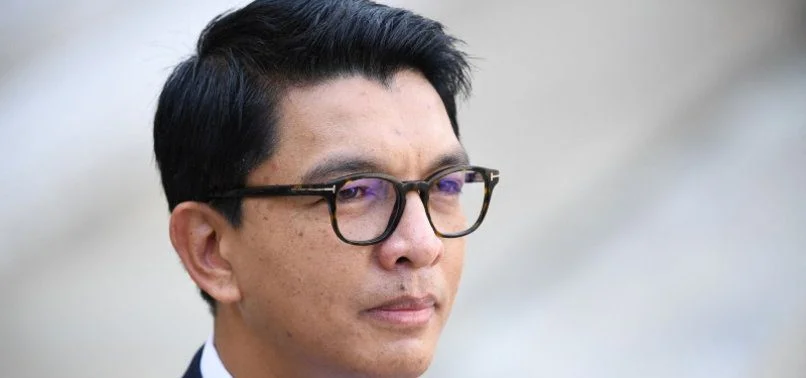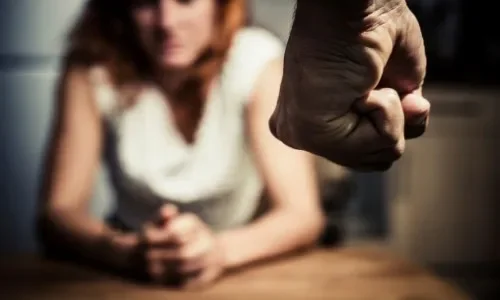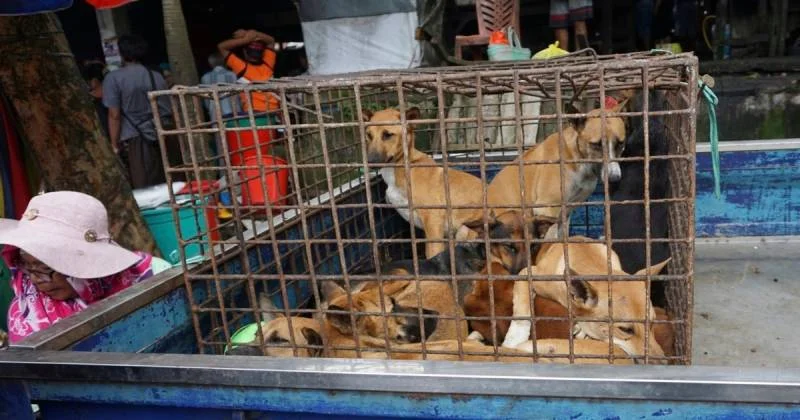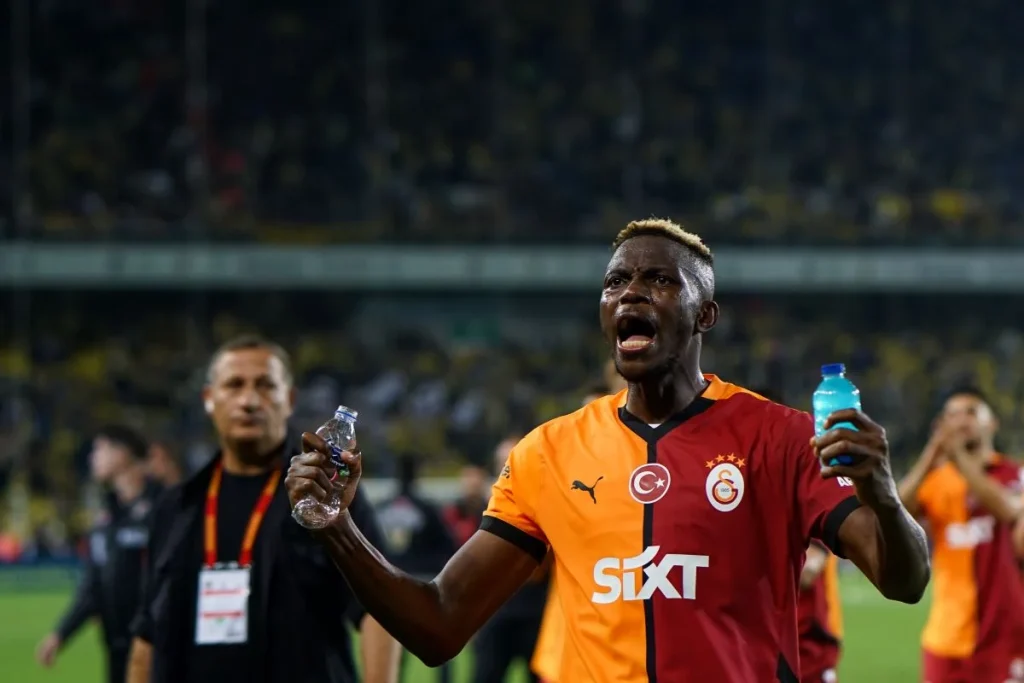Madagascar’s President Andry Rajoelina has announced his resignation ahead of the country’s upcoming presidential elections scheduled for November. The unexpected move has sent ripples through the political landscape of the island nation, raising questions about the future leadership and stability of the country, which has been grappling with economic challenges, political instability, and environmental crises for years.
Background to the Resignation
Andry Rajoelina, who has served as the country’s president since 2019, submitted his resignation to the High Constitutional Court, citing the need to respect the country’s electoral laws. According to the Malagasy constitution, an incumbent president who intends to run for re-election must step down from office 60 days before the election to ensure a level playing field. Rajoelina’s decision to follow this requirement came as he confirmed his intention to seek another term in office.
Rajoelina, who first came to power in 2009 through a military-backed coup and later won the 2018 presidential election, has had a controversial political career marked by both praise and criticism. His supporters view him as a modernizer who has worked to revamp Madagascar’s infrastructure and strengthen its economy, while critics argue that his government has struggled with corruption, poor governance, and the inability to alleviate widespread poverty.
Despite the mixed opinions surrounding his leadership, Rajoelina remains a prominent figure in Malagasy politics, and his resignation has been seen as a strategic move to strengthen his candidacy ahead of the November elections.
Madagascar’s Political Landscape
Madagascar, one of the world’s poorest nations, has experienced numerous political upheavals since gaining independence from France in 1960. The country’s political history has been marked by a series of coups, contested elections, and power struggles, leading to instability that has hindered its economic growth and development.
In recent years, the island nation has faced significant economic challenges exacerbated by the COVID-19 pandemic, natural disasters, and climate change. Prolonged droughts in the southern region have led to severe food shortages, pushing thousands of people into famine-like conditions. Additionally, tropical cyclones frequently hit the island, causing widespread destruction to homes, infrastructure, and agriculture.
These challenges have contributed to growing discontent among the population, with many calling for stronger leadership and better governance to address the country’s pressing needs. As Madagascar approaches the November elections, the political climate is tense, and the upcoming polls are expected to be fiercely contested.
Election Uncertainty and Key Contenders
Rajoelina’s resignation comes at a critical time for Madagascar. While his departure from office is mandated by the constitution, it has created a temporary power vacuum, leaving the country under the leadership of an interim president. In his resignation statement, Rajoelina expressed confidence in the country’s democratic process and urged his supporters to remain calm and focused on the upcoming elections.
Several candidates have emerged as key contenders in the race for the presidency, including Rajoelina himself, who remains a strong candidate due to his influence and political network. One of his main rivals is former president Marc Ravalomanana, who has long been a significant figure in Malagasy politics and a frequent opponent of Rajoelina. Ravalomanana, who was ousted by Rajoelina in the 2009 coup, is expected to challenge him once again in the November election.
Other candidates include several opposition leaders and technocrats who have criticized both Rajoelina and Ravalomanana for their roles in the country’s political instability. Many of these candidates are campaigning on platforms of anti-corruption, improved governance, and economic reforms aimed at reducing poverty and inequality.
Challenges Facing the Next President
Whoever emerges victorious in the November elections will face a daunting set of challenges. Madagascar’s economy remains fragile, with over 70% of the population living below the poverty line. The country’s reliance on agriculture makes it vulnerable to climate change, as extreme weather events such as droughts and cyclones continue to devastate crops and livestock.
Additionally, Madagascar has been grappling with social unrest driven by economic hardship, lack of employment opportunities, and widespread corruption. The next president will need to address these issues while navigating a complex political environment where factionalism and power struggles remain pervasive.
International observers have also raised concerns about the transparency and fairness of the upcoming elections. In previous polls, there have been allegations of vote-buying, voter intimidation, and other irregularities, leading to skepticism about the legitimacy of the electoral process. The international community, including organizations such as the African Union and the United Nations, is expected to monitor the elections closely to ensure a fair and peaceful transition of power.
Conclusion
President Andry Rajoelina’s resignation marks a significant moment in Madagascar’s political history as the nation prepares for what could be one of its most consequential elections in recent years. While Rajoelina’s decision to step down is in line with constitutional requirements, it has heightened the political stakes ahead of the November polls.
As Madagascar faces numerous economic, social, and environmental challenges, the outcome of the election will determine the country’s trajectory for the years to come. Whether Rajoelina regains power or a new leader emerges, the next president will need to unite the country, implement meaningful reforms, and guide Madagascar toward stability and prosperity.























